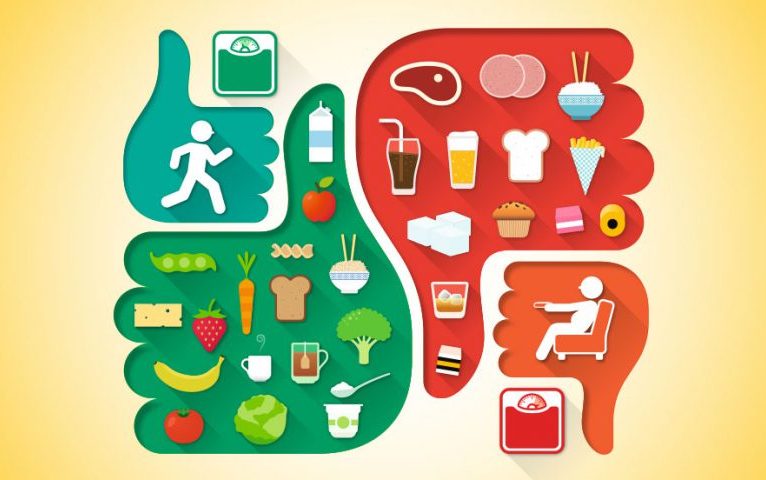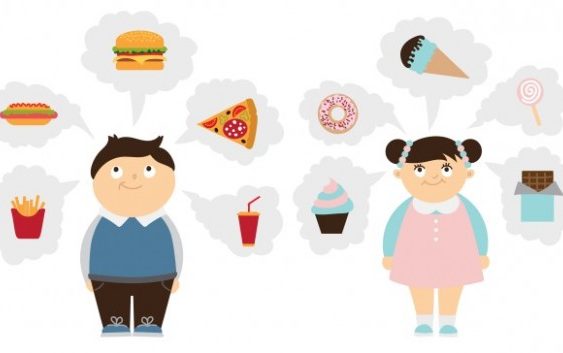Sugar is a primary and essential source of energy for our bodies. Against this background, the question naturally arises as to what is causing the growing negative attitude towards it.
The point is that the benefits of sugar are determined by the form in which it is consumed.
There are two types of sugar in our diet:
- Sugar in Natural Products – We consume much more sugar during the day than we realize, as it is found in many natural foods such as fruits, vegetables, grains, and dairy products.
- Added sugar – This is sugar that is added to processed foods to make them artificially sweet. Honey also falls into this category.
The sugars in natural products are complex and, unlike simple sugars, are absorbed more slowly from the digestive system.Therefore, it does not cause a sharp increase in blood sugar levels and, consequently, overstrain the pancreas to secrete a lot of insulin at once. Instead, it provides the body with the necessary amount of energy well and evenly.
In addition, in addition to carbohydrates, these products contain other important and beneficial substances for the body, such as protein, fiber, vitamins, minerals, and antioxidants.
Therefore, their use during the day is normal.
The source of the problem is the so-called added sugar, which we consume either directly by using table sugar,Or when consuming beverages and processed foods that are heavily loaded with sugar to improve their taste or shelf life.
The main sources of added simple sugars are:
- Carbonated drinks
- Noncarbonated drinks
- Sweets
- Cakes, biscuits
- Flavored dairy products: yogurt, cottage cheese
- Tomato sauces
- Bread
Products that are loaded with sugar but lack essential nutrients such as vitamins, minerals, fiber, protein, healthy fats, and unrefined carbohydrates are known as "empty calories."
As a result of their excessive use in the diet, we end up consuming much more sugar during the day than is safe for the body.
According to the American Heart Association's recommendations, the daily intake limits for so-called added sugars are:
- For women and children: maximum 100 calories, which is 6 teaspoons
- For men: maximum 150 calories, which is 9 teaspoons
- Children under 2 years old should not have any added sugar in their diet.
For example, a 350 ml can of cola contains 39 g of sugar (9.75 teaspoons) and 140 calories. Therefore, it is not surprising that studies show that daily sugar consumption is significantly higher than the norm.
Constantly consuming too much sugar can cause two types of harm:
1) "Empty calorie" foods replace the consumption of healthy foods, resulting in a lack of nutrients necessary for the body to function: vitamins, minerals, fiber, and others.
2) As a result of systemic inflammatory processes caused by sugar, it can increase the risks of developing serious conditions and diseases such as:
- Increased appetite and obesity, especially excess accumulation of visceral fat, which is the most undesirable fat in terms of its effects on the body
- Cardiovascular diseases
- type 2 diabetes
- Increased risk of developing cancer
- Acne
- Acceleration of skin aging
- Acceleration of cellular aging
- Depression, stress, irritability
- Lack of energy
- Fatty liver
- Erection problems in men
- dental caries
brown sugar
Many people believe that brown sugar is more beneficial and healthier than white sugar, a belief that may be due to its higher market value.
In terms of nutritional value, brown sugar is actually almost no better than white sugar. It has the same number of calories, and the difference in nutrient content is negligible.
They are made using different technologies, which results in brown sugar having a different, more aromatic flavor.
Is honey a healthy alternative to sugar?
Compared to table sugar, honey has a much better reputation because, as a natural product, it is considered a healthy choice.Honey is attributed with many beneficial properties, although these beliefs are poorly supported by scientific research.
In addition to simple sugars, honey contains various vitamins and minerals, but their amounts are too small to provide significant benefits.
It contains 15-18% water, which results in a lower percentage of pure sugar compared to an equal amount of simple sugar.
Honey also contains various enzymes and bioactive substances known as polyphenols, which researchers believe have antimicrobial and anti-inflammatory effects.In addition, honey has a pronounced cough-relieving effect.
Disadvantages of honey:
1) Cases of adulteration are very common, and cheap table sugar is added to such products.
2) Despite containing a certain amount of nutrients, it still remains a concentrated source of sugar and calories, and in this regard, its benefits are only slightly greater than those of table sugar.
3) It should not be used in children under 1 year of age due to the possible presence of botulinum spores, which children of this age have not yet developed the ability to neutralize.
Comparison of honey and sugar
| characteristics | honey | sugar |
|---|---|---|
| Calories (per 100 g) | 304 | 387 |
| Sugar (per 100 g) | 82.12 g | 99.8 g |
| Glycemic index | 61+/-3 | 65 |
| Vitamins/Minerals | + | – |
Natural and artificial sugar substitutes
Recently, interest in a healthy lifestyle, fitness, and healthy eating has increased significantly, so food manufacturers are trying to offer consumers lower-calorie options for their products.For this purpose, they use sweeteners instead of sugar, which mimic the taste of sugar but have fewer energy values, or calories.
Such sugar substitutes can be derived from natural materials or synthetically created and are also called artificial sweeteners.
The purposes of their use may be:
- Weight loss
- Reducing sugar intake in diabetes
- Reducing sugar intake as part of a generally healthy diet
- Removing sugar from various processed products
And here is our main question, Is this a better choice?
Currently, there are several sugar substitutes that are considered safe and approved for use by the FDA:
- Aspartame (maximum daily dose 50 mg/kg)
- Saccharin (15 mg/kg)
- Neotame (0.3 mg/kg)
- Sucralose (5 mg/kg)
- Stevia (4 mg/kg)
It should also be noted that some researchers believe that this assumption by the US Food and Drug Association is not adequately supported by high-quality studies.
Their distrust is fueled by the fact that for years, based on the results of animal tests, these sweeteners have been considered carcinogenic.
However, studies conducted on humans have not shown the same results, and as a result, these compounds have now been removed from the list of cancer-causing substances. They should be consumed in moderation.
Of the above, stevia is considered a natural sweetener because it is obtained by processing a plant.However, the word natural cannot be equated with healthy, as many plants are known to have toxic effects. In this case, too, exceeding the daily norm is not recommended.
Other less intense sweeteners are the so-called sugar alcohols, such as sorbitol, xylitol, lactitol, mannitol, erythritol, maltitol. Their sweetness intensity ranges from 25% to 100% of the sweetness of sugar.These sugars are used in confectionery products such as "sugar-free" sweets, cakes and biscuits, and chewing gums. They are lower in calories than sugar and do not cause a rapid increase in blood glucose.
Negative features:
Weight loss is one of the most common reasons for using sugar substitutes, but despite the fact that they contain no or very few calories,Studies have shown that long-term use (6 months or more) has not been associated with weight loss. Moreover, there is some evidence that these sweeteners may increase appetite.
Their negative impact on the intestinal flora has also been observed, ultimately increasing the risk of impaired glucose tolerance.
Therefore, the information and studies available today are not sufficient to prove the benefits or harms of sugar substitutes. Longer, more targeted studies are needed.Until then, they should be used in moderation and within the daily allowance. These sweeteners are especially helpful for people with diabetes who have a strong addiction to sugary foods.But it would be better if the ultimate goal of replacing sugar was to limit the sweet taste in the diet as much as possible.
Addiction to sweets
There is often a strong psychological addiction to sugar. Many people claim that their bodies crave sugar, which is naturally caused by the consumption of sugar itself.In particular, after consuming sugary foods, the large amount of insulin produced in response to the rapidly increasing glycemia causes a rapid drop in blood glucose, which again creates a desire for sweets.
We can “train” our taste buds. Gradually reduce the consumption of desserts, sweetened coffee and tea every week, and in a few weeks you will notice how the desire for sweets will recede.In this training process, we can help by replacing sugar with sweet fruits, vegetables, drinking plenty of water, and physical activity.
Author: Elga Giorgadze (MD of Endocrinology)






